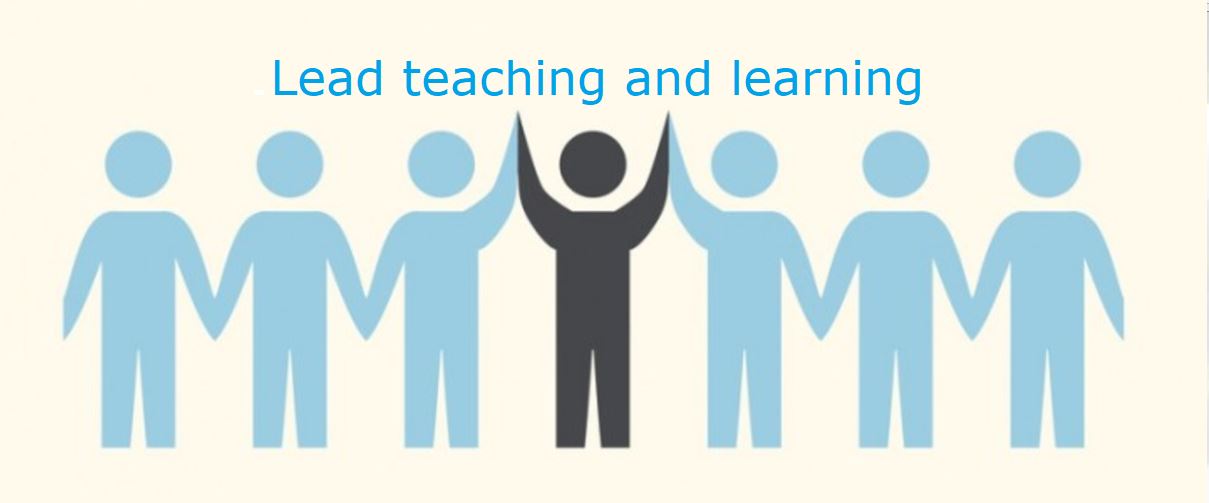My name is Paula Vicente Cantero. I am 22 years old. I’m from Salamanca and I’ve studied the Grado en Maestro de Educación Primaria in the University of Salamanca, with the speciality of languages (French).
I am studying the Masters of International Education and Bilingualism in the Camilo José Cela University (Madrid).
In 2016, I spent seven months (from January to July)
living in Paris thanks to an Erasmus scholarship. I studied Sciences de l’Éducation there in
the Paris Descartes University, where I met many international students. I
learnt a lot, I became more independent and open-minded and I improved my level
of French.
Back in Spain, I got the C1 level in French, Diplôme DALF. After that, I decided to write my final thesis or
TFG, Trabajo de Fin de Grado, in
French about social representations of bilingualism according to the three
educational agents (students, teachers and parents), and their influence in
teaching and learning. It was a great experience and since that moment I’ve
been interested in research. I may now have around a C2 level of French, but I
haven’t done the official exam yet due to lack of time.
I started
learning English when I was five. I got my first official English exams, the
Trinity College levels 1, 3 and 5, during my Primary School Years. I had two
exchange experiences with students from London when I was twelve. As a teenager,
I also spent three summers in Dublin, Ireland living with a family and
attending to classes in the Moyle Park College in Dublin, where I got the 11th
degree of the Trinity exams and I went to C1 level lessons.
I got my Advanced Cambridge C1 level in 2013 and I’m
preparing for the Proficiency level for the next session in September.
I’m currently learning German with the “Veith Method”
in Madrid, as I love languages and I felt ready for a new one. I’m in the B1.1 level. My intention is to continue
learning more languages in the future.
In my University years in Salamanca, I had the
opportunity to do two stage periods in two different schools. The first one took
place in my old school, “Maristas”, bilingual in Spanish-English. The second
experience was in the “Francisco de Vitoria” school, which is bilingual in
Spanish-French. After this last period, I continued working with them for a
project (as I like working with cooperative techniques and project based
learning) and they helped me to get the research data for my final thesis.
I’ve taught English and French for many years as I
participated from in a volunteer group helping South-American immigrant
children with their homework and, more personally, with their adaptation. But
my first experience as a real language teacher was two years ago. Since then, I’ve
been teaching English, French and Spanish to students from 3 to 20 years old in
private lessons.
I love languages so my
preferences are clear, I prefer teaching social subjects and languages but I’m willing to have new experiences of teaching with all the areas
of the PYP.
My learning profile is different from my teaching
profile as I have been taught in a traditional way. However, these last years I
have gradually changed my methods and I have developed a critical and reflexive
way of learning. I like reading further information about the contents I have
to study, contrasting different sources and knowing different perspectives.
I don’t like traditional methods of teaching. I feel
that the vision of education nowadays is generally negative mainly because the
world is constantly changing but education hasn’t evolved in the same way. I
believe in education as the most powerful weapon to change society and as the
most efficient method to help future generations develop a critical mind.
That
is the reason why I am really interested in the IB and in the possibility of
working as a PYP teacher in IB schools.
I am willing to use active methodologies for teaching,
such as cooperative, inquiry and project based learning. The use of new
technologies is also essential in my lessons. I use techniques such as mindfulness and coaching. To me, the main objective of all
teachers should be to motivate students to ask questions, to think by
themselves and to be critical with any information they receive from the
outside.


No hay comentarios:
Publicar un comentario